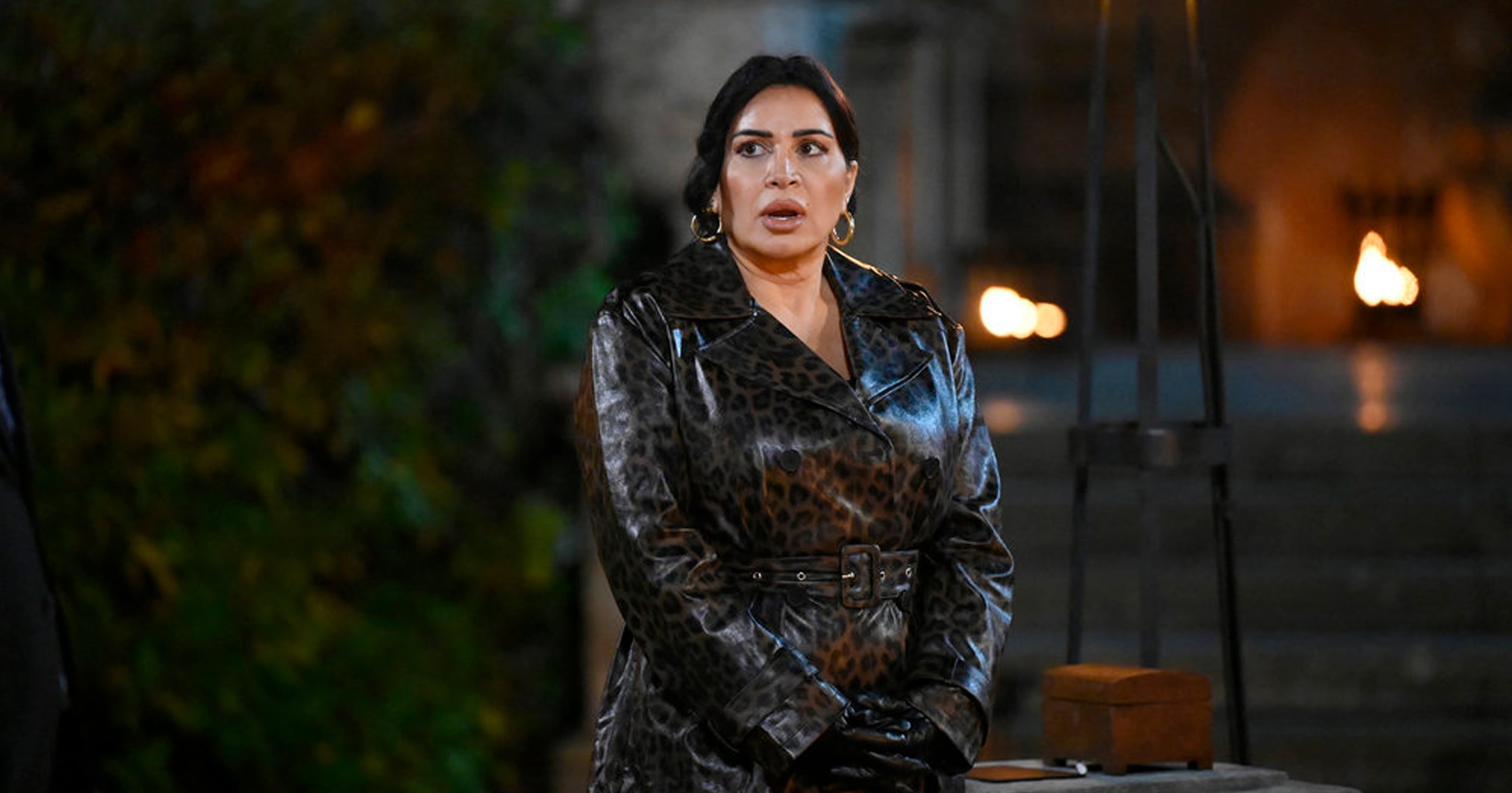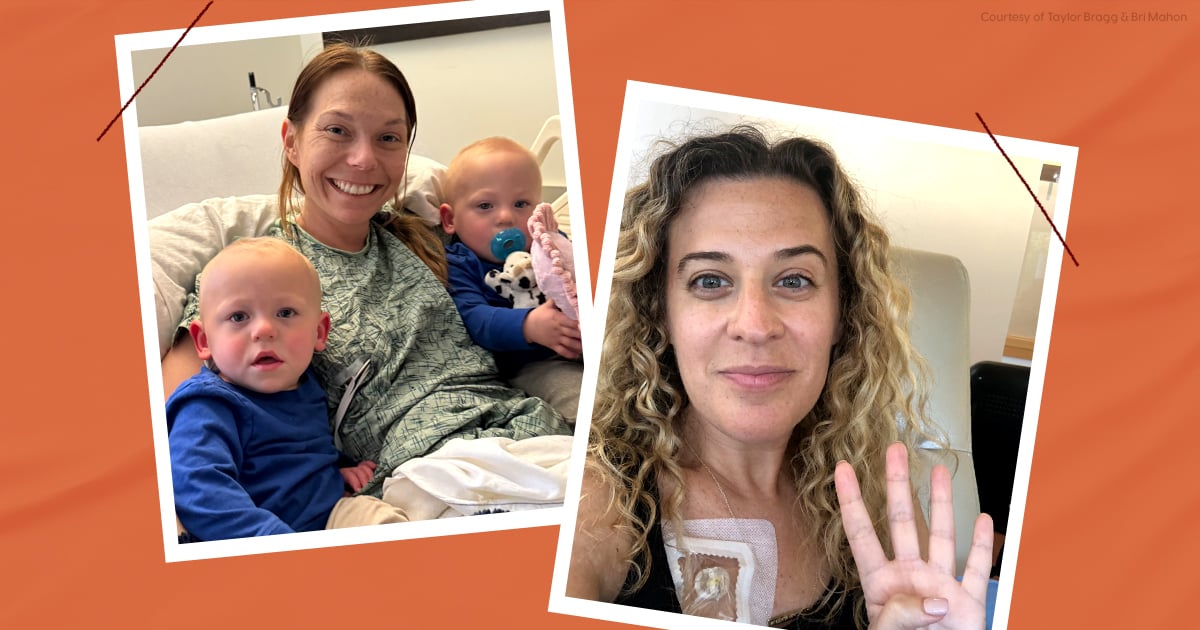It’s rare to watch someone’s heart shatter in real time, although reality television makes it less so. In fact, in the season one finale of “The Traitors,” you can witness two hearts break as Cirie Fields reveals to fellow contestants Andie Vanacore and Quentin Jiles that she’s been a traitor all along, and they’ve just lost the out on the $250,000 prize pot by failing to vote her out sooner. “I’m a faithful at heart, but I’m a traitor in this game,” Fields says as disbelief falls over the faces of her duped competitors.
“The Traitors,” which will premiere its third season on Jan. 9, is being heralded as the best new competition show in the way of “Survivor” and “The Challenge.” The Peacock original invites reality stars from various networks to a castle in the Scottish Highlands. Three traitors are anonymously picked and the rest of the group, called the faithfuls, must correctly identify and vote out the traitors to win. Oh, and Alan Cumming is the host.
The wacky experiment is working: in 2024, “The Traitors” became the most-watched unscripted series across all streaming platforms in the US, according to Nielsen via The Wrap. This is thanks in part to season two traitors Phaedra Parks and Parvati Shallow, who quickly became fan favorites, inspiring endless meme material on a weekly basis.
And then, at the 2024 Emmys, “The Traitors” won the award for outstanding reality competition program, which was one of the evening’s many surprises given that “RuPaul’s Drag Race” is often the category favorite. Cumming also took home the award for outstanding host for a reality or reality competition program. “We are so grateful because we are a new show,” Cumming said on stage that evening. “You guys, when you like something, you tend to stick to it.”
But what does it mean when so many people are gleefully tuning in each week to see deception and double-crossing on full display? “The things that tend to naturally grab our attention are oftentimes the things that we’re concerned about,” says Christian L. Hart, PhD. “If you hear that someone has died, our first question is usually, how did they die? The things that we’re worried about, like our own demise, we want to learn more about, so we can avoid those types of problems.”
Experts Featured in This Article
Christian L. Hart, PhD, is a psychology professor at Texas Woman’s University. He centers his research around lying and runs a Human Deception Laboratory.
Dr. Hart says the the fascination with “The Traitors” is similar to the popularity around entertainment about scams and true crime. “The more we can learn about it and observe it, the more confident we get that maybe we can avoid that happening to us,” Dr. Hart says.
Whether that’s actually effective, however, is another story. Dr. Hart is skeptical: “We learn about avoiding being duped typically through direct experience. Someone in a romantic relationship who gets burned by their partner will tend to be much more cautious moving forward. Those types of painful life experiences can really make us focus in on being more discerning about others.” He adds, “I’m not too sure that watching TV shows offers that same level of training.”
While viewers may not be able to retain much by watching “The Traitors,” the actual participants of the show do a pretty good job at detecting deception. In the second season, all the traitors, including Parks and Shallow, were eventually banished from the castle, leaving faithfuls as the winners.
Dr. Hart thinks the faithfuls tend to take the right approach. “When you ask most people, how can you tell when someone is lying? They usually talk about behavioral cues. Like, they won’t make eye contact, they look off to the left, or they stutter and stammer. None of those are very accurate predictors of when someone’s lying,” he says. “In the show, people rarely talked about those. What they did talk about were the things that are actually associated with lying, like people saying incongruent things.”
Dr. Hart says “informational content” – meaning inconsistencies and evidence of a concocted story – is a better indicator. In his research, he has compared interrogation videos of people lying and people telling the truth and hasn’t found consistent patterns, even in high-stakes scenarios. “People are pretty good at lying, and pretty good at masking their emotions,” he says.
The premise of “The Traitors” is interesting because technically any competitor can be picked to be a traitor. The show uses that to its advantage, typically picking a combination of mischievous and mild-mannered contestants to form the triumvirate. As each season unfolds, it’s fascinating to watch these traitors gradually embrace their roles and resort to lying.
This is pretty reflective of normal society, however. The average person tells a lie every few days, Dr. Hart says, and it’s typically not for “malicious reasons,” but instead to save face, avoid embarrassment, or protect one’s privacy. “Most of the lies that people tell tend to be lies aimed at navigating social life,” he adds. “Our culture is arranged in such a way that we find it very difficult to be honest all the time.”
“Our culture is arranged in such a way that we find it very difficult to be honest all the time.”
Though wildly entertaining, there may be an unexpected, adverse effect to watching the show. “In psychology, we talk about this cognitive bias called the availability heuristic. If a concept is more available in our mind, usually because we’ve seen it recently, it looms larger in our thoughts,” he says. “Watching shows where you’re seeing the worst sight of people probably has that same effect. We’re just bombarded with these narratives of people being awful to each other and that’s readily available in our mind when we think of people. And so probably it causes a little bit more paranoia or at least a more negative outlook on human nature.”
On the other hand, there are of course viewers – likely a high percentage – who root for the traitors and revel when they make it another week undetected or lie to a friend’s face swearing they are so not a traitor. Thankfully, there aren’t many moral implications for viewers who find themselves in that camp.
Dr. Hart draws the comparison with cases throughout history where the outlaw becomes the hero. “There’s a sense of people being able to outwit the powers that be that is kind of appealing to a lot of people, especially a lot of people who feel like they’ve been kind of held down in society. To see someone who’s thumbing their nose at these same systems and institutions that they feel have been oppressing them is very satisfying in some ways,” he says.
Then again, in this case, “Everybody is fully aware that this is just a game.”
Kelsey Garcia (she/her) is the associate content director of PS Balance, where she oversees lifestyle coverage, from relationships to parenting to financial wellness. Kelsey is passionate about travel, dating trends, and changes in the workplace. Before joining the PS team as an editorial assistant in 2015, she interned at Elle and Harper’s Bazaar, among other publications.




